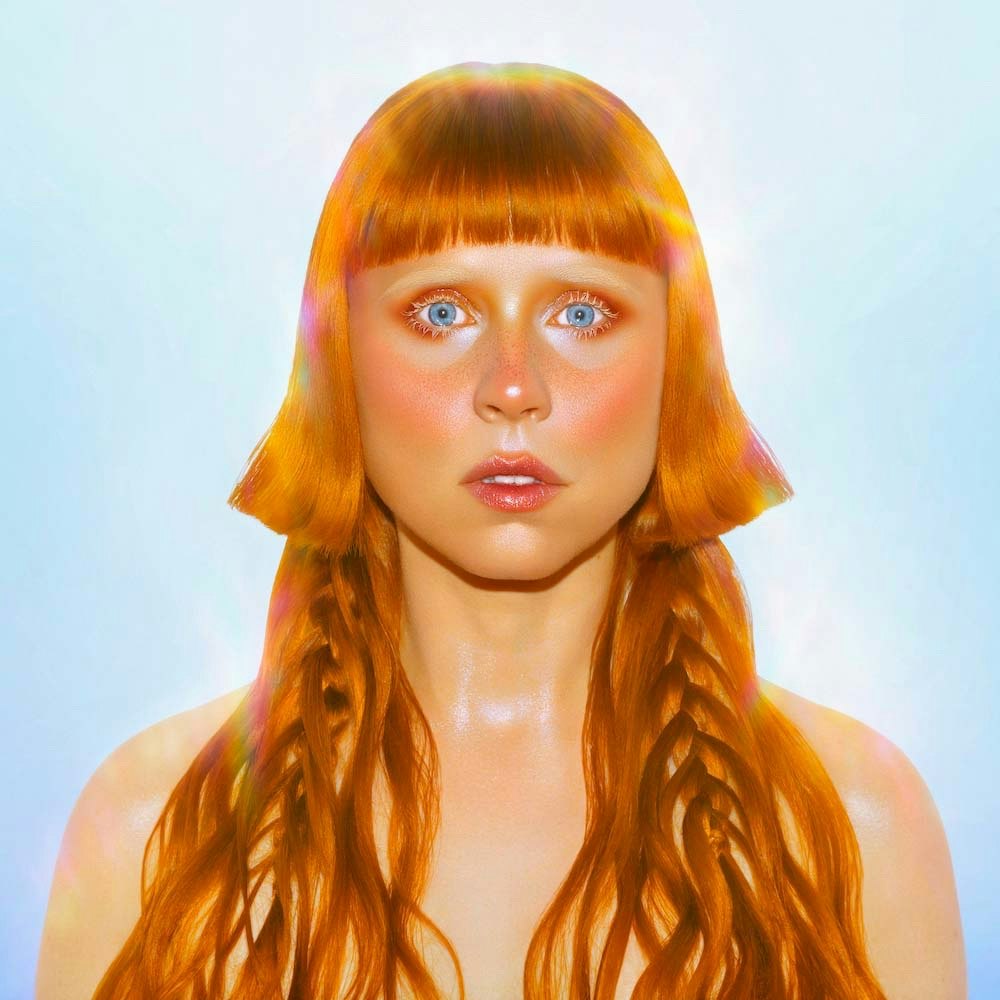Vocal Sovereignty
After an AI fake Drake and The Weeknd track went viral. Grimes said she would split royalties 50/50 on any successful AI generated songs that use her voice. "Feel free to use my voice without penalty", she tweeted, suggesting she was interested in killing copyrights.
I'll split 50% royalties on any successful AI generated song that uses my voice. Same deal as I would with any artist i collab with. Feel free to use my voice without penalty. I have no label and no legal bindings. pic.twitter.com/KIY60B5uqt
— 𝔊𝔯𝔦𝔪𝔢𝔰 (@Grimezsz) April 24, 2023
Holly Herndon is another artist experimenting with voice tech. In collaboration with Never Before Sounds, she says she makes artwork with her voice. Her doctorate focused on the interplay between machine learning and voice and the implications of the technology for IP and vocal sovereignty. The voice tool that she uses allows anyone to upload polyphonic audio and receive a download of that music sung back in Holly's voice.
Her website says, "you are free to use the material generated as you see fit."

Voice Scamming
The Guardian published a piece on scammers using voice cloning, suggesting that last year £11 million was stolen from unsuspecting consumers who hadn't realised they weren't really talking to their loved ones, doctors, lawyers, etc. but were in fact talking with scammers.
There was a great piece in Bloomberg last month profiling voiceover artists who had accidentally discovered that text to speech services online, were offering their own voices. One company, Revoicer, told Bloomberg News, it couldn't share where it got its voice data from, but that the process was entirely legal. Doesn't sound very transparent to me.
Audio scams are becoming more widespread as cloning tech becomes cheaper. There is a podcast episode of The Future of You about Generative AI coming soon.
Here's an excerpt:
Voice Cloning
ElevenLabs is the most interesting of companies in this field to me.
They claim to have the most versatile and realistic AI speech software, creating lifelike voices for creators and publishers, who are seeking new storytelling tools. Their voice design, as they call it, is offering a text to speech demo on the website.
It's worth going to the website and having a play around with it. Because it serves you have a catalogue of different synthetic voice options. You can choose from accents, nationality, gender, etc.
Dubbing tools even let you speak a language that you don't!
In what might be bad news for voiceover artists who do re-voicing, the AI does this automatically, while preserving the actor's original voices across languages.
Speech to speech translation that preserves speaker identity between languages. That could be huge in my view, and it opens up a whole new world of content to people who couldn't immediately make themselves understood further afield
Voice design and voice cloning have BIG implications for identity:
Can others re-present us without our permission?
Can others use our voices to train AI without compensating us?
Is this the death of many traditional advertising practices?
Which me is real and which me is fake?
For more on voice and other news about digital identity listen to the latest episode



